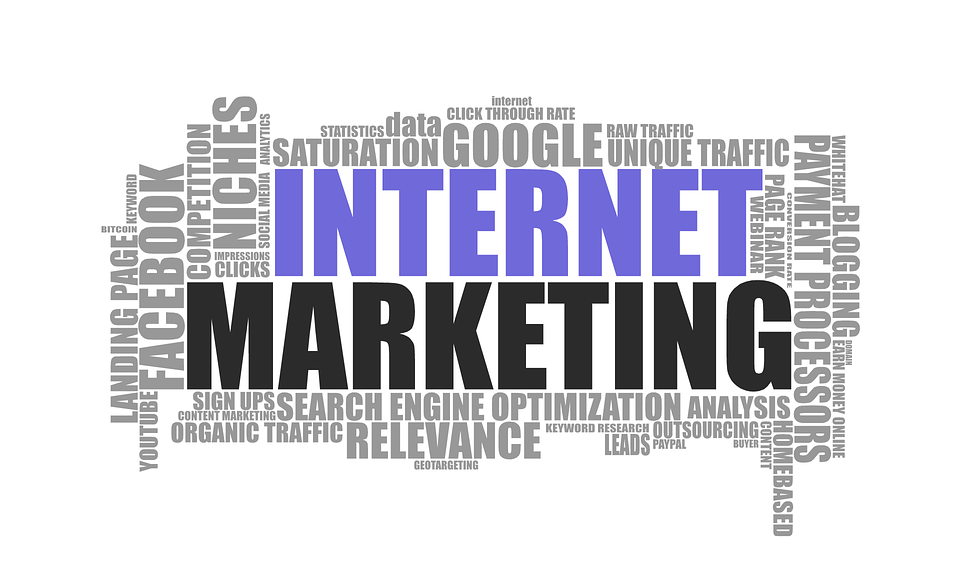Running a business today means that a huge part of the marketing must be executed online. Most consumers get their recommendations on social media or on Google search. Competitors are also online, working hard to get that much needed traction in the digital landscape.

The Internet is an ever-changing landscape. Not only must you be on top of your marketing campaigns, but you must also learn the people’s online behaviour. What you will learn will dictate how you can make your campaigns creative, enticing, and effective. This can be overwhelming especially when you need to make improvements on an existing campaign.
Here let us explore the strategies you can use to help you adapt to this changing landscape. These are techniques that, if done right, can generate leads and conversions in no time.
Defining Digital Marketing Strategy and Digital Marketing Campaign
A strategy is more than just a series of tasks executed to get results. Remember that all ventures must have goals. For instance, when you started your business, one of your goals must have been to generate enough profit in a span of two to three months to earn back the money you spent for capital. So you execute plans of action or strategies to achieve this goal.
Digital marketing strategy works the same way. These are strategies that should help you achieve the goals you have set for your online marketing. If a campaign is meant to create buzz, then your strategy for that campaign must produce that result.
The number of goals you have will depend on how big your business is and how complex the campaign is. According to HubSpot, Strategic Management expert Richard Rumelt in his book Good Strategy/Bad Strategy, that a strategy requires three key elements: Diagnosis, which is understanding what the present circumstances of the business and what it needs. Guiding Policy, which is a specific goal to address the results of the diagnosis. Lastly, a list of coherent actions or approaches to achieve the goal.
You must understand, too, that digital marketing strategy is different from digital marketing campaign. If your digital marketing strategy is your series of actions, your digital marketing campaign comprise of actions within your strategy.
If that is confusing, just think of it this way. If your strategy includes getting more people to sign up on your website, running a campaign on Facebook that gives people a discount when they sign up is the campaign.
Creating an effective digital marketing strategy
Now that you know that your campaigns are tactics that make up your strategies, here are ways to create effective strategies for successful campaigns.
Define your audience
This is the foundation of any marketing strategy, understanding your buyer persona. It works for both online and offline efforts and is meant to help give you an accurate representation of your targeted customers. You cannot make assumptions about your audience. Even if you think you appeal to 25-40 year old consumers who are already part of the workforce with a family to support, it must come from real hard data.
You can do this by researching your audience through surveys and interviews. The information you will gather from largely depends on what your business is, but you can start with the following:
- Age
- Location
- Employment status
- Nature of work
- General income
- Hobbies and interests
- Priorities and goals
- Common problems
Note that some of these questions are better asked in a personal interview rather than a focus group discussion or through online means. This research must give you a general idea of the kind of buyers you have can help you create your buyer personas.
Determine the channels where you can reach your audience
After determining the personas you are targeting, the next step will be to know where you can reach them best. A majority of your audience will most likely be online, so choosing to do paid promotions is going to be as effective as radio or television commercials.
To determine the channel your audience uses mostly, you must execute a coordinated effort across all available channels first. Then, depending on the engagement your ads get, you can get a shortlist of channels you can optimise.
Note that you should check channels that have the potential to rake in new customers as well. The wider your reach, the bigger the chance of brand retention.
Get tools to monitor your progress
There are tools readily available to you when you use your own web page and social media channels. Tools like Google Analytics, Facebook Insights, Twitter, Analytics, and so on. These will tell you how much they use the platform, the kinds of posts they engage with, and even the relevant demographics of the users that interact with your posts. You can also choose to use other tools from HubSpot or Moz.
Evaluate your existing content
When you are auditing your content, it is important that you determine whether everything you have published on your pages aid your strategies to achieve your goals. If you are meant to generate leads, then find out which content on your blog brought the most audience and had the most engagement. Think of new ways to replicate those results by planning your future content.
You must also identify if there are any gaps in your existing content. Go back to your market research, what challenges did your audience specify and how are you addressing these challenges? If you do not have any content made for this, then this is the time to create one that is relevant to them.
Strong brand profile across all channels
Of course, all of these efforts are useless if your branding story is confused. Your branding must be consistent, from as simple as the domain name to something as significant as your paid promotions. Everything about the design of your banners to the language you use on your post must be uniquely you. But this unique voice must be anchored on how your audience speaks, what voice and tone they use so that you can relate with them effortlessly.
For your owned media, you can use domain tools such as your chosen Internet registrar to determine whether someone else has a similar domain as yours. You can choose to buy them out and redirect their page to yours by contacting the web owner using the WHOIS lookup feature. As for your social media channels, you have had full control since you have started the page; just make sure to go back to your market research when you are doubtful about the content you are posting.
The success of your digital marketing strategy and campaign is determined by how you can make all these techniques work together. So make sure you are able to work on these, the foundation of your strategies, so that you can map out a concrete set of actions to achieve your business goals.





